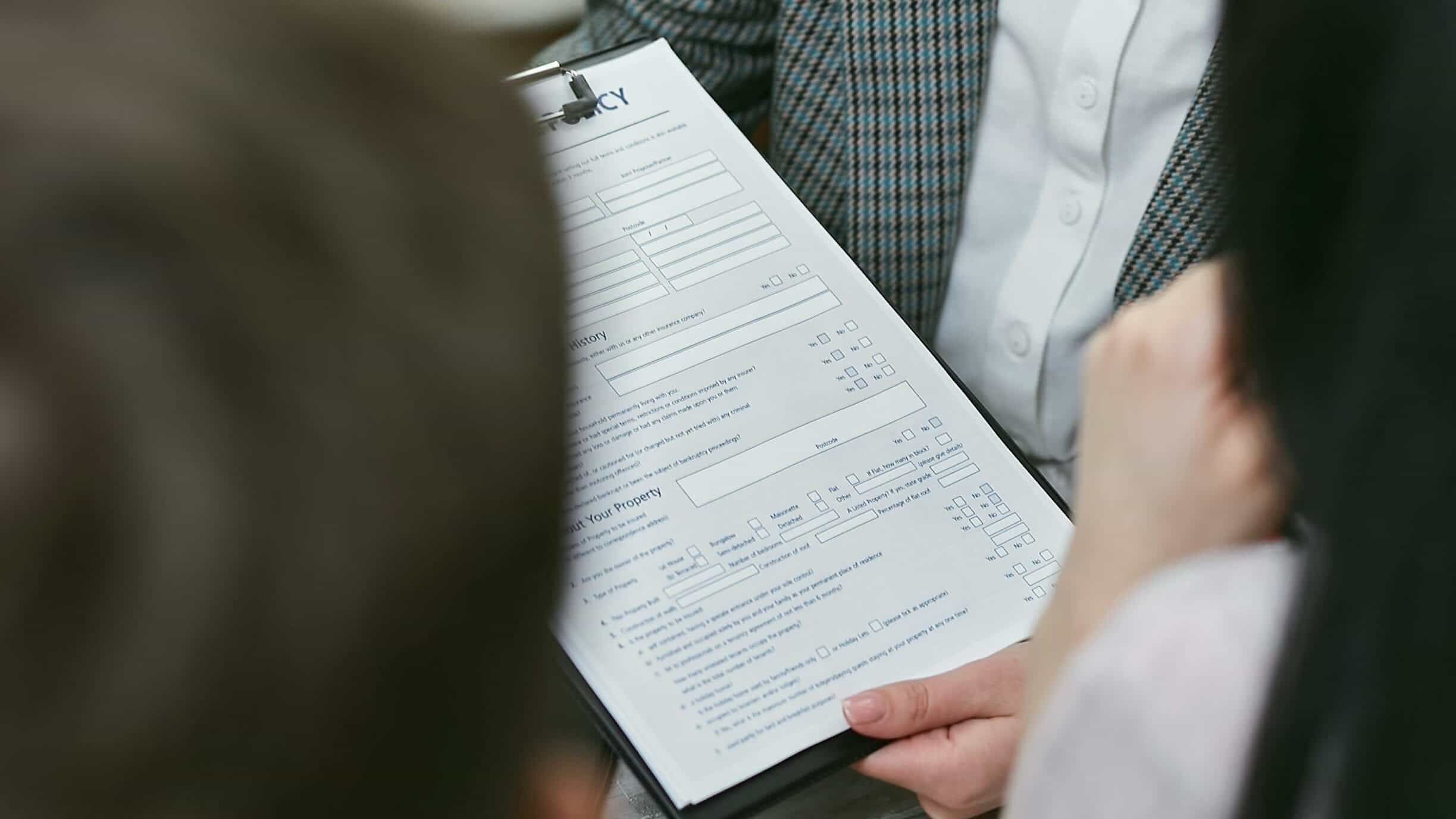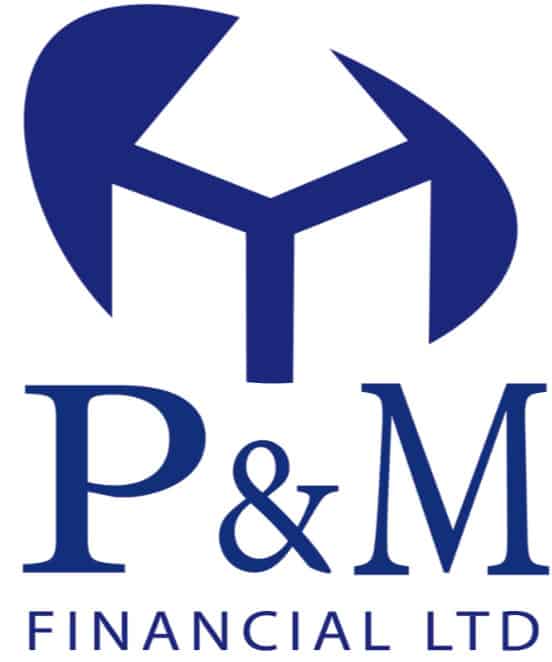
I’m buying a leasehold property… What questions do I need to ask the agent?
Buying a leasehold property involves several complexities that differ from purchasing a freehold property. It’s crucial to ask the right questions before committing, as the terms of the lease can significantly impact your ownership experience. Here are some essential inquiries to make and points to consider when speaking with the agent about a leasehold property.
1. Length of the Lease
- Question: What is the current length of the lease?
- Why It Matters: The lease’s length affects the property’s value and its saleability in the future. A lease of less than 80 years can be more difficult to finance. Extending a lease can also be costly, so it’s important to know this upfront.
2. Costs Associated with the Lease
- Question: What are the annual ground rent and service charges?
- Why It Matters: Understanding the ongoing costs, including ground rent and service charges, is essential for budgeting. These fees can increase over time, so ask about the current amount, payment frequency, and any known future increases.
3. Lease Extension Costs and Process
- Question: How does the process for extending the lease work, and what costs are involved?
- Why It Matters: If the lease is shorter or nearing the point where you might want to extend it, knowing the process and associated costs can help you plan for the future.
4. Restrictions or Conditions
- Question: Are there any restrictions or conditions on the lease I should be aware of?
- Why It Matters: Leases can contain clauses that restrict alterations, subletting, pet ownership, or other aspects of use. Understanding these can help avoid future disputes or disappointments.
5. Service Charge and Reserve Fund
- Question: What does the service charge cover, and is there a reserve or sinking fund?
- Why It Matters: The service charge covers maintenance and repair of common areas. Knowing what’s included and whether there’s a reserve fund for major repairs can prevent surprises.
6. Building Insurance
- Question: Who is responsible for the building insurance?
- Why It Matters: Typically, the freeholder arranges the building insurance, but this cost is passed on to leaseholders through the service charge. Ensure the property is adequately covered.

7. Management of the Property
- Question: Who manages the property, and how can leaseholders be involved?
- Why It Matters: Understanding who is responsible for managing the property and how decisions are made can affect your living experience. Some buildings have a residents’ association that can offer more say in management decisions.
8. Future Developments
- Question: Are there any planned developments or major works for the building or area?
- Why It Matters: Future developments can affect your property’s value and your enjoyment of it. It’s also useful to know if any major works are planned that might require contributions from
9. Dispute Resolution
- Question: What is the process for resolving disputes with the freeholder or management company?
- Why It Matters: In case of disagreements over service charges, maintenance, or other issues, knowing how disputes are handled can save you time and stress.
When buying a leasehold property, the more information you have, the better equipped you are to make an informed decision. Asking these questions can help uncover any potential issues and ensure that you’re fully aware of what your ownership entails. It’s also advisable to consult with a solicitor/mortgage advisor specializing in leasehold properties to review the lease and advise on any potential concerns like ourselves.
If you are looking to purchase a leasehold property, contact the team at P&M Financial today
☎️ 0800 634 9250
💻 https://pm-financial.co.uk/

